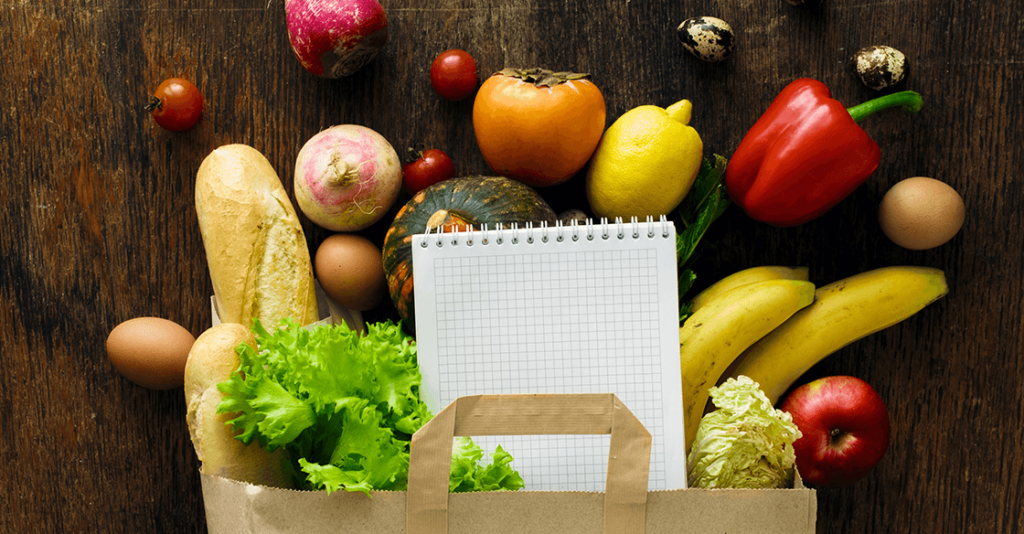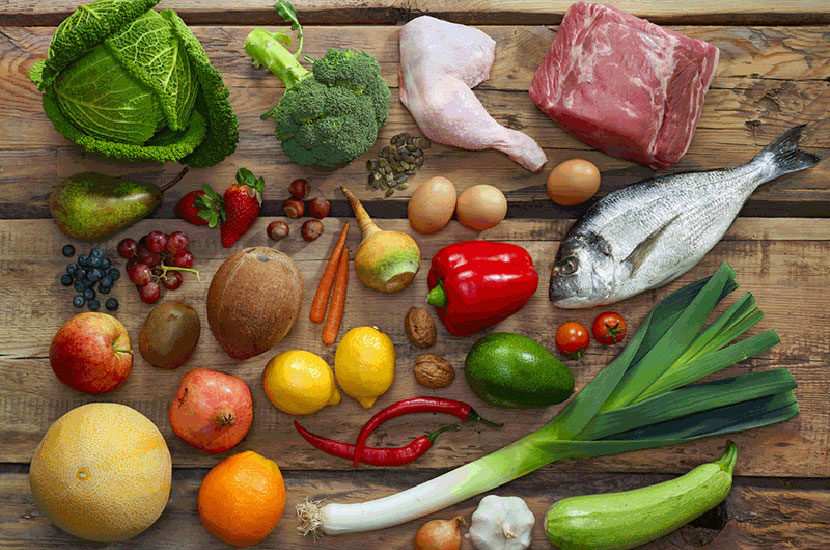If you’re booked in for a gastric sleeve procedure in the near future, you might be wondering what your life is going to look like after the surgery.
Although you’re probably excited for your body transformation, you’ll need to do lots of research about the post-surgery period. There is a specific diet for those who have had weight loss surgery.
Your doctor or dietitian will inform you about all of the foods that you should and shouldn’t be eating around your gastric sleeve surgery. They will also inform you of the amount of food that you should eat during each meal.
The gastric sleeve diet is necessary to promote a happy and healthy recovery. It enables you to maintain adequate nutritional intake without over stretching your stomach and reduces the risk of short term or long-term complications.
Let’s go through the gastric sleeve diet week by week.
Week 1
Prior to your surgery, you will have been placed on a clear liquid diet. During the first week following your procedure, you should continue consuming this diet.
Your stomach will still be very sensitive and sore. Drinking clear fluids will prevent any complications, such as diarrhoea, constipation, although obstruction.
Doctors will advise you to stay away from carbonated and caffeinated beverages. Fizzy drinks can cause your stomach to expand and this can place pressure on the incision site. Caffeine may result in dehydration, acid reflux, or nausea.
Week 2

During the second week, you will be able to expand your fluid intake. Aside from still water, you will be able to drink flavorful juices, smoothies, protein and nutrition shakes, unsweetened milk, plain yogurt, and thin soups.
At this stage, you should still avoid eating solid food, no matter how hungry you are feeling.
Week 3

During the week 3 post op gastric sleeve diet, you can begin to introduce soft foods into your diet. Most commonly, this involves pureed meals.
You can continue to drink shakes and smoothies if you’re not keen on pureed food. Other soft foods include:
- Soup or broth
- Scrambled eggs or tofu
- Yogurt
- Cottage cheese
- Banana
- Avocado
Week 4

When you reach week 4, you can begin to incorporate more solid foods into your diet and you can also start to drink caffeinated beverages if you wish to. If you do begin to include caffeine in your diet, make sure to drink extra water to stay hydrated.
Avoid eating foods that are too high in carbohydrates or fat, as they can be difficult to digest. Ideal foods include soft meats, potatoes, and vegetables, as well as whole grains, low-fat cheese, and fruit.
Week 5
Once you have surpassed the five-week mark, you can resume a normal diet. Work with your dietitian to formulate a sustainable meal plan that you can enjoy for years to come.
Your dietitian will recommend that you eat three main meals a day with a focus on complex carbohydrates, lean proteins, and vegetables. It’s also recommended that you don’t include highly processed sugary snacks or carbonated sodas in your diet at all if possible.

